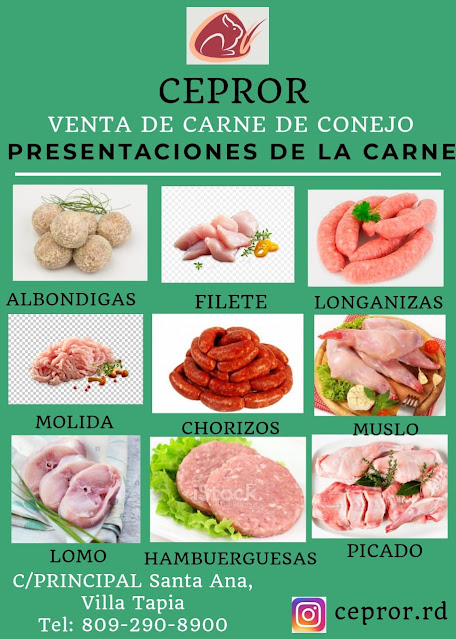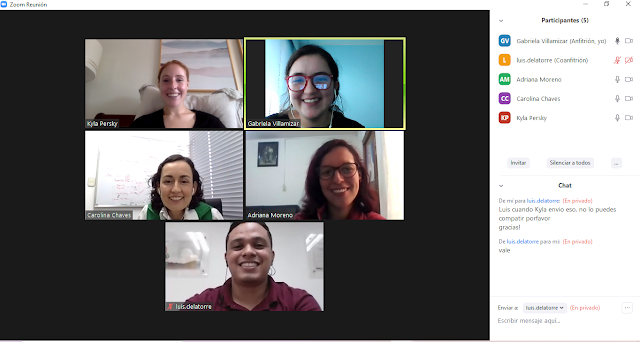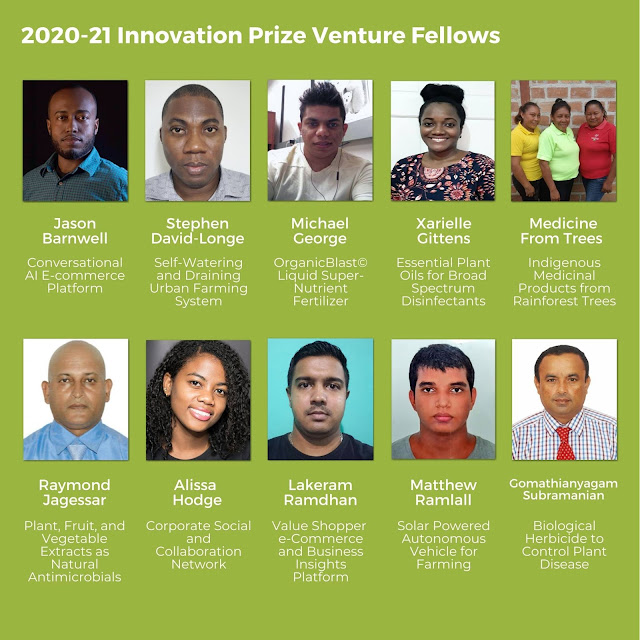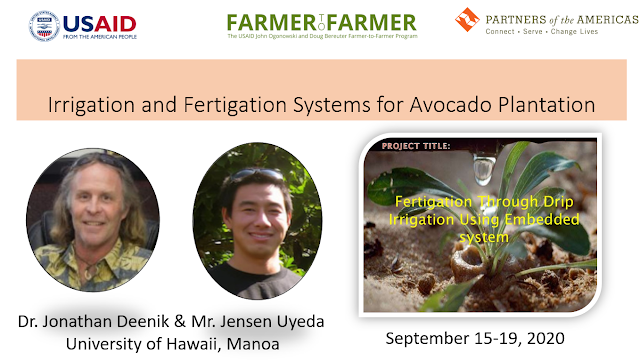Improving Tractor Operating Techniques and Maintenance in Jamaica

In February, the Farmer-to-Farmer program in Jamaica received the last in-person assignments before the onset of the COVID-19 pandemic caused a disruption in operations due to travel restrictions. One of the last two in-person assignments in the island country was with Minard Estates, a large cattle breeding operation that specializes in Jamaican beef breeds like Black, Brahman and Red Poll. Minard Estates is run by the Agro-Investment Corporation, an agency under the Ministry of Commerce, Agriculture and Fisheries located on 160 acres of an old slave estate in the parish of St. Ann. They have increasingly found that the effectiveness of their operation has been hampered by the lack of operating tractors and equipment. They wanted to know if the repeated mechanical failures of the tractor were due to the workers’ lack of skills to operate and maintain the equipment, and therefore requested a F2F volunteer to train the staff at Minard Estates in the correct operation of tractors and h






